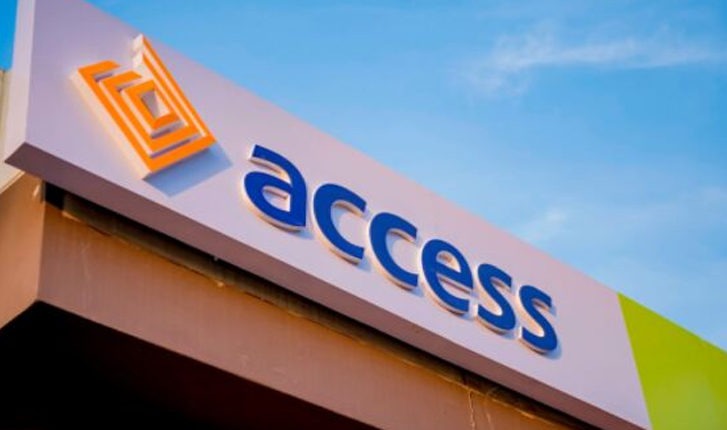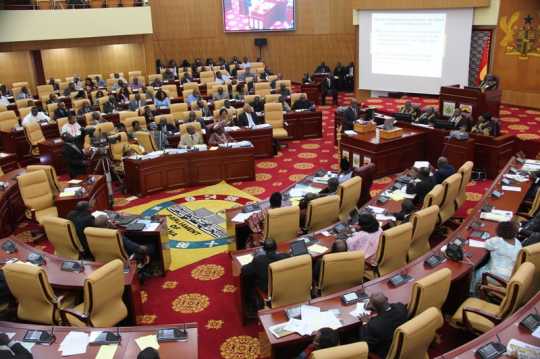- Banks Reject Deposits From Politically Exposed Persons
Many commercial banks no longer accept deposits from Politically Exposed Persons (PEPs), it was leant yesterday.
A PEP, who is entrusted with a prominent public function, generally presents a higher risk for potential involvement in bribery and corruption by virtue of his position and the influence that he may hold.
Banks’ stoppage of taking hard-sought deposits from PEPs followed the rising regulatory surveillance and high risks involved with such transactions. Lenders had, in many cases, suffered huge monetary losses whenever illicit funds are traced to them.
The Group Chief Conduct and Compliance Officer of Access Bank Plc and President, Compliance Institute of Nigeria (CIN), Pattison Boleigha, who confirmed the development during a meeting with reporters in Lagos, said banks, had adopted global best practices against money laundering and corruption.
“We have placed ourselves on the pedestal of compliance. If you want to do business with international community today, you must ensure you are compliant in fighting corruption and money laundering. Each bank operates a defined structure. So, when these foreign investors come to Nigeria, they know the structure each bank has put in place,” he said.
“We want to ensure that foreign investors realise that when they come to Nigeria, it is a very good ground for professionalism. When they do that, they have the assurance that when they do business in Nigeria, they are dealing with credible organisations.”
Also speaking, a Bank Examiner with the Central Bank of Nigeria (CBN), Buhari Isa, said many banks mortgage compliance issues by setting unrealistic targets for their staff .
He said there was need to look at why bank staff bring in bad deposits into lenders’ vaults. “For example, we are talking about integrity. If you see someone that does not have integrity, there is nothing you can do about it. But you can make sure there are controls that discourage such behaviours in an organisation. For example, you can conduct research on how some staff, connive with high net-worth individuals to bring in deposits without carrying out due diligence,” he said.
Isa, who is also the Vice President of CIN, said a bank staff will provide reasons why he is conniving with a PEP to bring in huge deposits. That, he said, may arise from the bank’s dysfunctional policy.
“For example, you set unrealistic target for bank staff insisting that within the next one week such staff should bring N1 billion deposit. A PEP who collected bribe of N100 million comes to the bank staff, such target will make the staff to quickly take the money without doing proper Know Your Customer for the depositor,” he said.
In Isa’s view, addressing the high deposit target set for bank staff will help boost compliance.
Boleigha disagreed. The Access Bank Group Chief Compliance Officer spoke of the challenges faced by lenders. He said that banks do not commit crime but the people within the bank commit crime.
“The targets were not set so that people will go and commit crimes. Unfortunately, whether you like it or not, financial institutions will receive good money, and they will also receive bad money. There is really nothing you can do about it because that’s where the money should pass through. In fact, if this bad money is not kept in the banks, it will be more difficult for government authorities to track people that are committing these crimes,” he said.
To Boleigha, it is good to have all Nigerian financial transactions pass through the financial system so as to have financial record of all bad monies. He said that although bank staff have targets, that should not stop them from complying with set rules. “So, if you know that you are bringing a customer that is high risk, of course you should know, the first thing to do is to conduct a risk assessment of the customer.
There are some banks that even said they will not bank PEPs. So, if you decide you are going to bank PEPs, you must have risk management structure that will enable you manage those PEPs,” he said.
“And those risk management structures are crafted from the rules and regulations of the CBN. There are CBN’s guidelines on how to manage PEPs. If you follow the rules, it means that when bad money comes, account officers of the banks should be able to know that it is bad money.


 Naira4 weeks ago
Naira4 weeks ago
 Billionaire Watch4 weeks ago
Billionaire Watch4 weeks ago


 Naira4 weeks ago
Naira4 weeks ago


 Naira3 weeks ago
Naira3 weeks ago




 Naira3 weeks ago
Naira3 weeks ago




 Naira3 weeks ago
Naira3 weeks ago




 Naira2 weeks ago
Naira2 weeks ago
 Commodities3 weeks ago
Commodities3 weeks ago





















